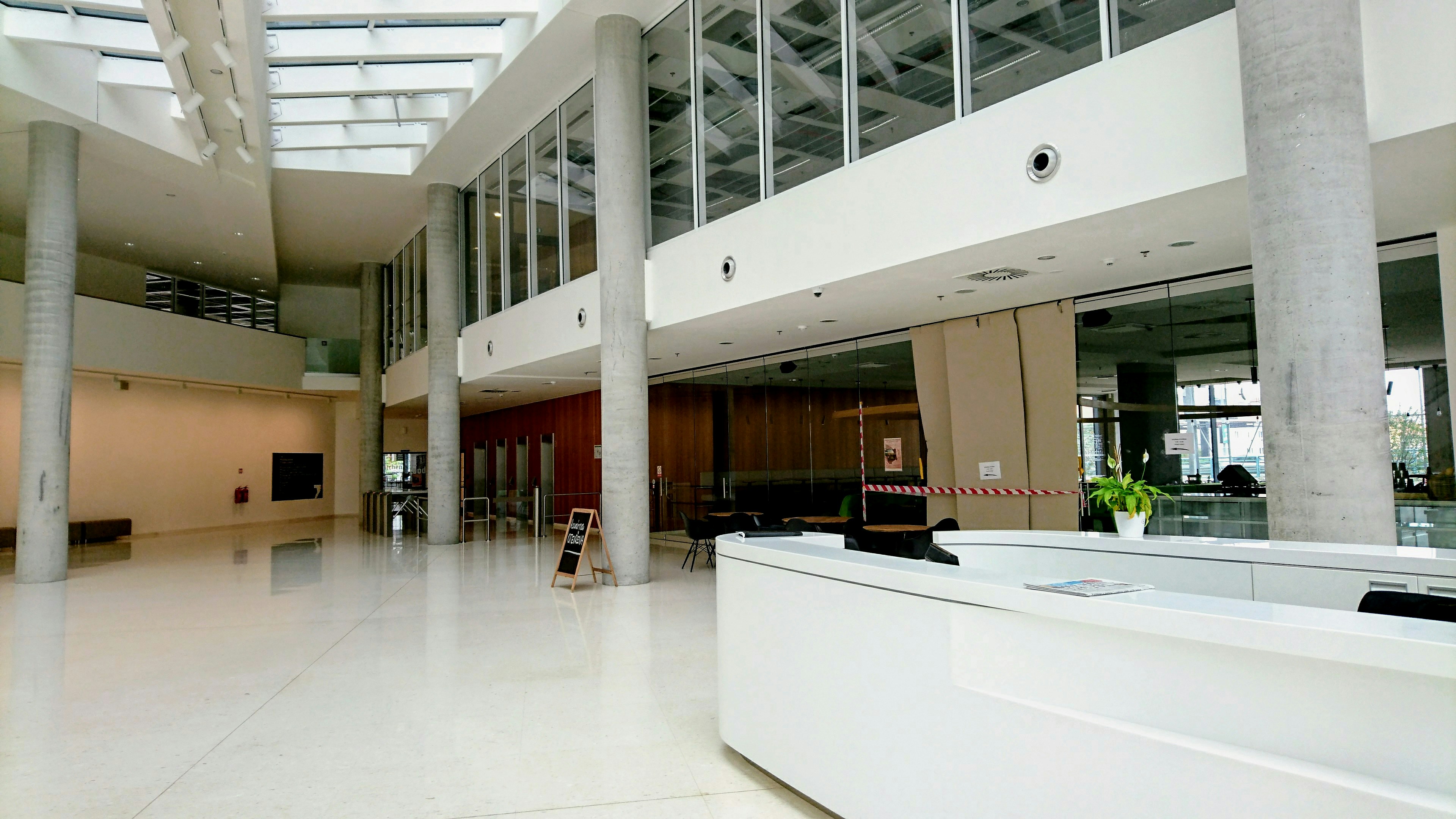What Does a Medical Coder Do?
Medical coders play an essential role in the healthcare system by translating medical records into standardized codes for billing, insurance, and legal purposes. They work with healthcare providers, insurance companies, and government entities to ensure accurate and efficient processing of claims. Medical coding is a detailed and precise profession that requires strong knowledge of medical terminology, procedures, and coding systems such as ICD-10, CPT, and HCPCS.
Key Responsibilities
- Assigning Codes:Medical coders review patient records and assign appropriate codes for diagnoses, treatments, and procedures.
- Processing Claims:They work with insurance companies to ensure that claims are processed correctly and reimbursement is made in a timely manner.
- Ensuring Accuracy:Coders must maintain accuracy to avoid billing errors that could result in denied claims or legal issues.
- Staying Current:Since medical codes evolve, coders must stay updated on the latest changes in coding systems, medical laws, and insurance policies.
What Does a Medical Receptionist Do?
A medical receptionist, on the other hand, is the first point of contact for patients at medical offices and healthcare facilities. They are responsible for managing patient appointments, answering calls, handling administrative tasks, and ensuring that the office runs smoothly. While medical receptionists don’t deal with medical codes or insurance claims directly, their work is crucial to the overall patient experience.
Key Responsibilities
Greeting Patients: Medical receptionists welcome patients as they arrive, ensuring a positive first impression of the practice.
Scheduling Appointments: They manage appointment calendars, handle scheduling conflicts, and ensure that patients are seen in a timely manner.
Handling Patient Information: Receptionists gather patient information, update records, and may assist with verifying insurance details.
Administrative Support: They assist with filing documents, managing office supplies, and maintaining patient records.
Customer Service: Medical receptionists provide exceptional customer service, answering phone calls, responding to inquiries, and addressing patient concerns.
Key Differences Between Medical Coders and Medical Receptionists
While both professions support the healthcare system in essential ways, the roles, skills, and job environments vary significantly. Here are the main differences to consider:
1. Primary Responsibilities
Medical Coders: Focus on assigning codes to medical records and ensuring accurate billing and insurance processing.
Medical Receptionists: Handle administrative duties, including patient interactions, scheduling appointments, and office organization.
2. Skills and Education
Medical Coders: Require specialized knowledge of medical terminology, coding systems, and health data analysis. Training is typically through specialized courses or certification programs.
Medical Receptionists: Need strong organizational and communication skills but require less specialized medical training. A high school diploma is usually sufficient, although some employers may prefer additional certification in office management or customer service.
3. Work Environment
Medical Coders: Often work behind the scenes in healthcare settings, such as hospitals or insurance companies, with options for remote work.
Medical Receptionists: Are typically stationed at the front desk of medical offices and clinics, interacting directly with patients.
4. Job Outlook and Salary
Medical Coders: Generally have a higher salary and more job growth potential due to the specialized nature of the job
Medical Receptionists: While the salary is lower, the job outlook is still strong, with opportunities for growth in administrative roles within the healthcare industry.
5. Career Advancement
Medical Coders: Can advance in their careers by obtaining additional certifications or specializing in areas such as coding for particular medical fields (e.g., oncology, cardiology).
Medical Receptionists: Can move into office management or administrative positions, but career advancement may require further education or training in healthcare administration.
Which Career Is Right for You?
Choosing between a medical coding career and a medical receptionist role depends on your interests, skills, and long-term career goals.
If you enjoy working with data, have a keen eye for detail, and are interested in the technical side of healthcare, medical coding may be a better fit. The job requires more specialized training, but it can lead to higher earning potential and more opportunities for career advancement.
On the other hand, if you are a people person, enjoy helping others, and prefer a more dynamic work environment, medical reception might be the right path. The job is less technical but still essential to the smooth functioning of a healthcare office, and it offers ample opportunities for growth in administrative roles.
Get Started in Medical Coding Today
Both medical coding and medical reception are essential to the healthcare industry, each offering distinct career paths with their own sets of challenges and rewards. Your decision will ultimately come down to your strengths, career ambitions, and personal interests. If you're looking for a specialized, behind-the-scenes role with a high potential for growth, medical coding may be the right choice for you. If you enjoy interacting with people and helping them navigate healthcare services, a career as a medical receptionist could be a great fit.
No matter which path you choose, education and training are crucial to success in these roles. To get started, consider enrolling in an accelerated program that provides you with the knowledge and skills needed to excel in your chosen career. Best Bootcamps offers immersive bootcamps in a variety of critical fields, including medical coding. Explore the program options available and take the first step toward a rewarding career in the healthcare industry today!

